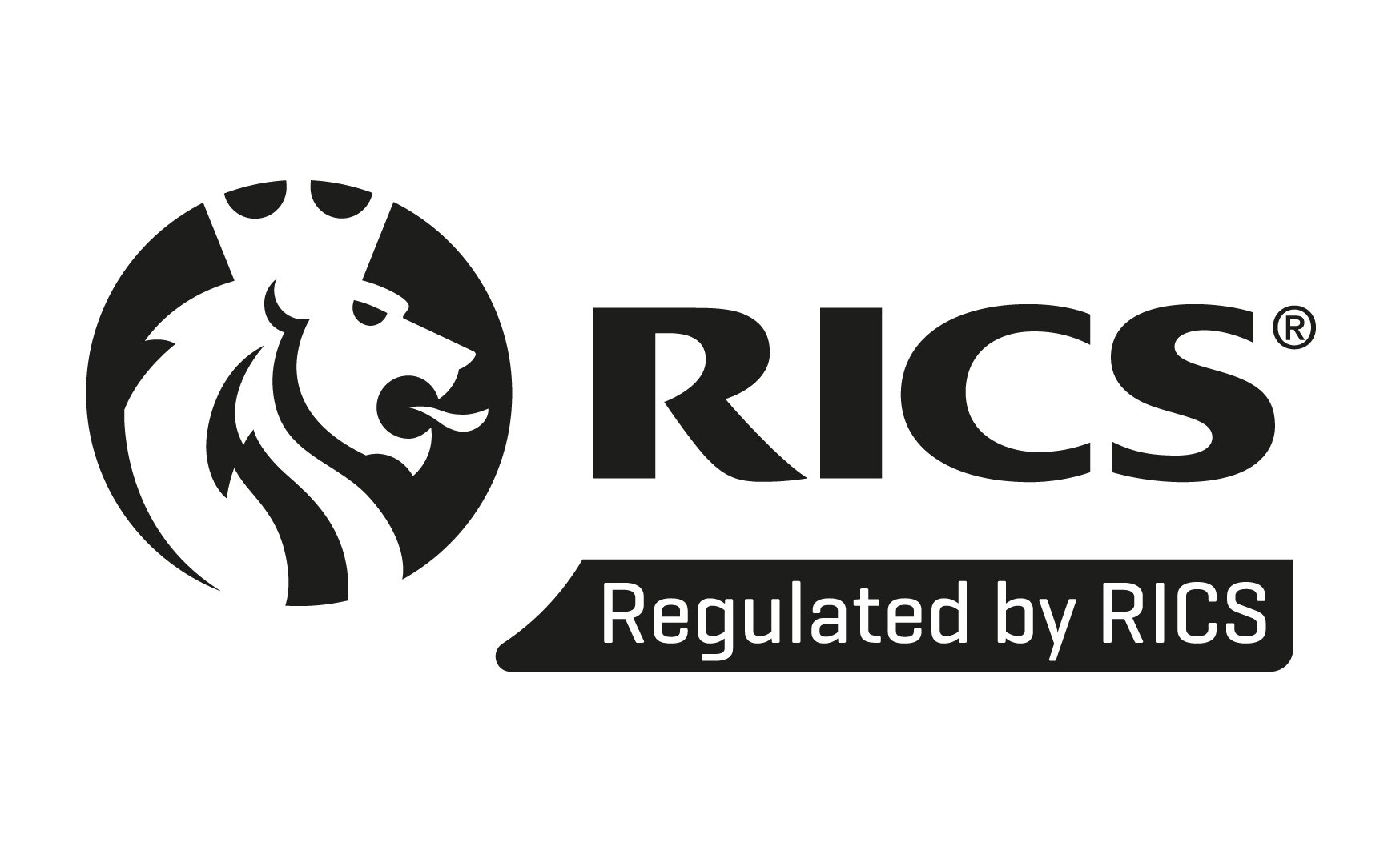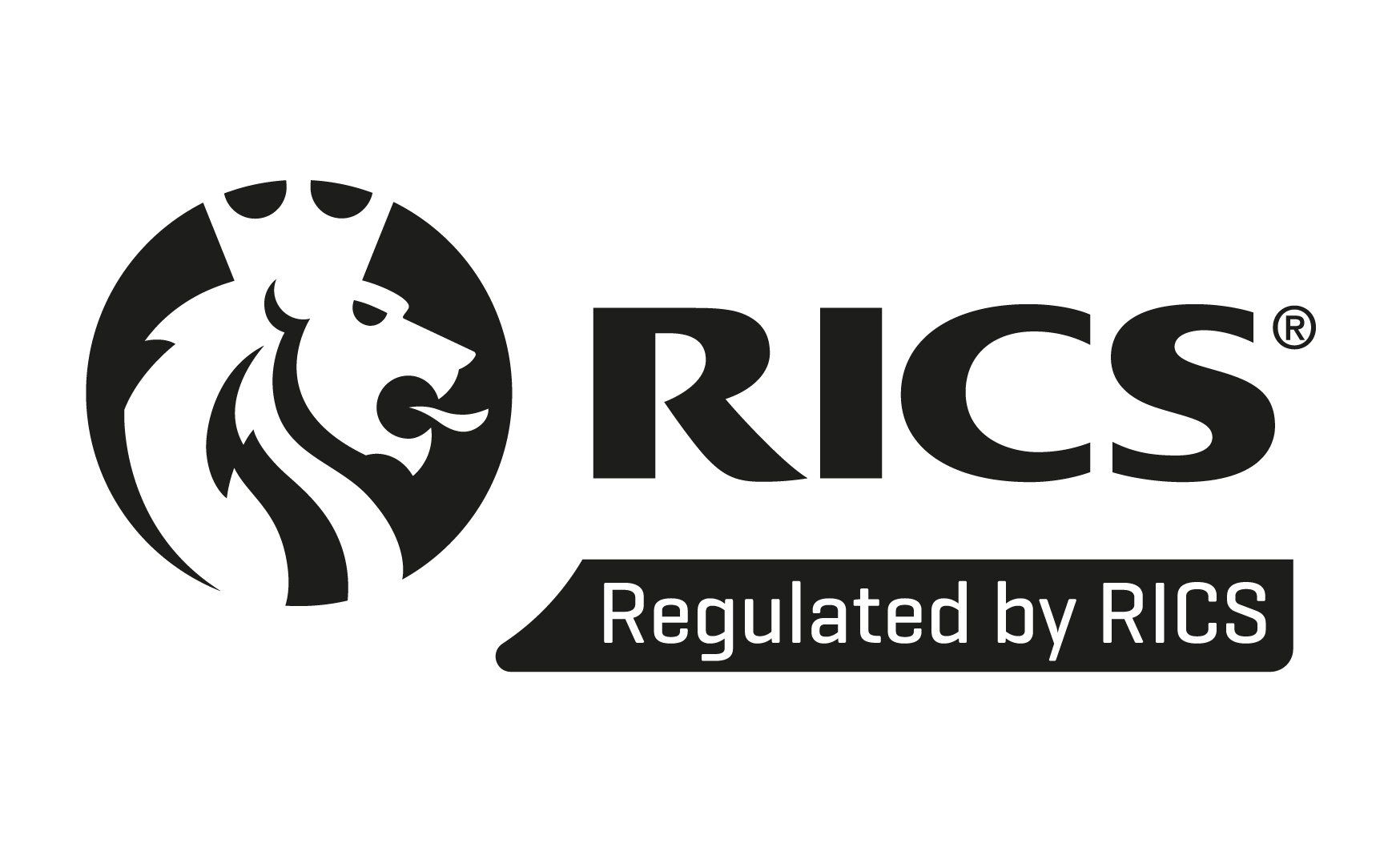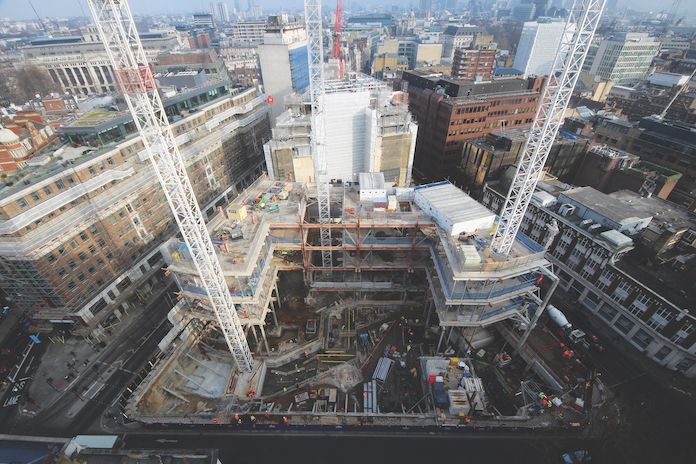What are the most common types of construction disputes?
Some insights into construction disputes

Construction disputes as we all know well enough are disagreements. Disagreements usually between two parties involved in a contract. This commonality though dissipates when we try to classify construction disputes into a list.
But, at Veritas Surveying Ltd, we will try to distill them concisely.
- Change of completion date or delays. Time is money in life and construction. A delay to completion can lead to higher project costs. This may be through having to pay labourers and staff more to complete the project. Equipment hire is expensive - and it may need to be extended even though it is not being fully used. Some of these costs are unrecoverable - and consequently dent profit margins and lead to contractual disputes.
- Mistakes in design. This can lead to burdensome, additional costs. If design is delayed or contains errors, the construction costs can rise or the design mistakes can cause delays.
- Differing objectives. Disputes can arise in complex projects with multiple personal involved.Often, incompatibility in goals and commitments can lead to disputes.
- Material quality. Specifications may be too imprecise. The quality of materials or workmanship may cause disagreements.
- Complex projects. Projects take longer than planned if there is insufficient accounting of possible risks associated with a project’s complexity.
- Scope changes. This can be covert and scope creep can quickly eat into profit, if not watched out for
These are common areas that cause construction disputes and the skills needed to resolve each area involve:
- Negotiation
- Mediation
- Arbitration
- Litigation or adjudication
- Small claims court orders
- Expert determination
"How many a dispute could have been deflated into a single paragraph if the disputants had dared to define their terms" Aristotle
There are tried and tested ways of preventing or reducing disputes including:
- Clear payment terms
- Open and effective communication
- Thorough record keeping
- Adherence to contractual obligations
You should always aim to start with a good contract, by negotiating the best terms possible to suit your needs and make sure you understand what you are getting yourself into before you start a job. Then you should document everything — maintain detailed records concerning performance, communication and payment.
If you need expert advice on construction disputes, contact Richard today.




